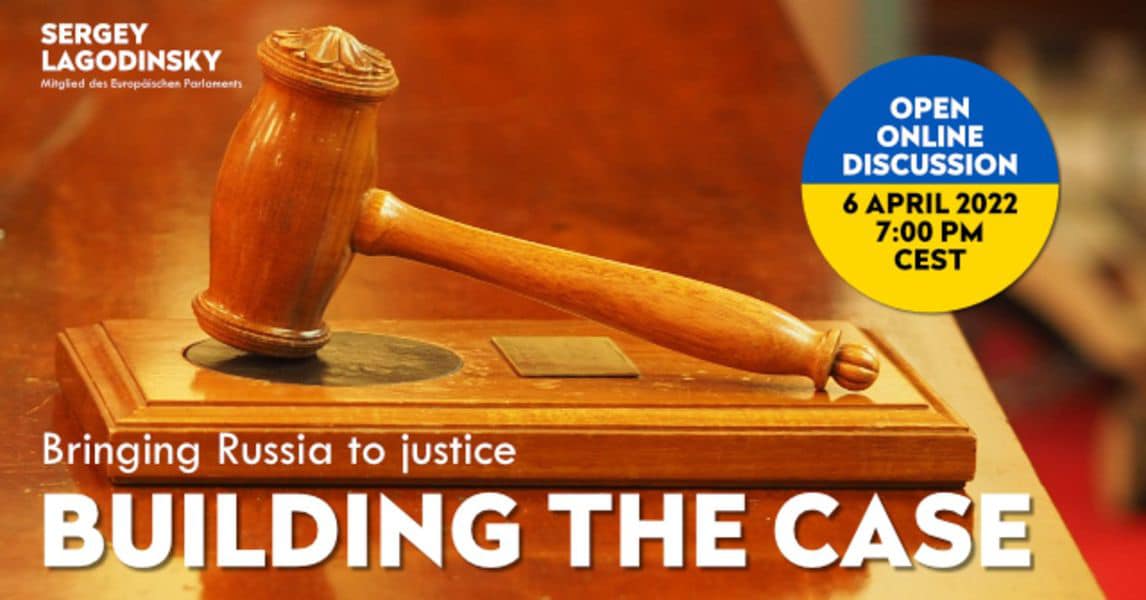International specialists and experts held an online discussion on problematic legal issues related to war crimes, crimes against humanity and crimes against the environment by Russian troops in Ukraine.
The event took place on April 6, 2022 with the assistance of Sergei Lagodinsky, Member of the European Parliament.
Eurojust’s chairman Ladislav Hamran, Columbia University professor Belinda Cooper and GRECO managing partner Pavlo Kuftyryev took part in the discussion.
In his opening speech, Sergei Lagodinsky emphasised that the main task is not only to stop Russia’s aggression, but also to bring to justice those responsible for the crimes and destruction that occurred during the war.
Ladislav Hamran reported on the actions of Eurojust to coordinate and assist in the investigation of crimes committed by the Russian armed forces in Ukraine. In particular, ten EU member states have launched their own investigations into Russia’s war crimes against Ukraine and its people. In addition, Ukraine, Lithuania and Poland have established a joint crime investigation team, which will soon be joined by the International Criminal Court’s own war crimes investigation. However, the focus so far at EU level on establishing the facts of deliberate environmental damage and destruction remains inadequate.
Ladislav Hamran also stressed that many assets owned by oligarchs from Russia and Belarus had been frozen by EU member states. However, sanctions are only an administrative response that does not deprive the individuals concerned of their property rights. EU member states, he said, shared the view that depriving sanctioned individuals of their property rights was only possible through criminal prosecution, and only on the basis of a court verdict through confiscation.
Belinda Cooper, who is a professional expert on war crimes, post-war transitional law and international tribunals, devoted much attention to the legal problems associated with the fact that Russia is not a party to the International Criminal Court and has not ratified its statute. However, in general, this does not exclude the possibility of jurisdiction over international crimes committed by Russia against Ukraine. Ms. Cooper also noted that today the issue of holding representatives of state businesses accountable for facilitating military aggression and the crimes committed through it, is not a settled legal matter for which precedents exist.
Pavlo Kuftyryev, managing partner of GRECO law company, drew attention to the targeted destruction of ecosystems in Ukraine by the Russian armed forces and the use of weapons to cause significant damage not to military facilities, but to civilian infrastructure in order to kill ordinary people. Particularly resonant are the actions of the Russian army in relation to nuclear power plants, which can only be qualified as nuclear terrorism. In addition, Pavlo Kuftyryev also reported on cooperation with commissions and bodies established to record and document crimes against the environment. However, in his opinion, tough measures are necessary to ensure compensation for damage caused by Russian military aggression to Ukrainian citizens and legal entities, including:
• introduction of a legislative mechanism of subsidiary liability of Russian oligarchs and persons affiliated with the Kremlin, whose assets are located outside Russian jurisdiction;
• immediate termination of Russia’s membership in all international organisations, and inclusion of all state-owned companies on sanctions lists;
• a new Nuremberg-style tribunal in relation to Russia and its leaders as war criminals;
• collective lawsuits from different groups of people, seeking compensation for the harm caused by Russia’s aggression;
• companies that have not left the Russian market and continue to contribute to the Russian state’s income should also bear subsidiary responsibility for the actions of the aggressor.
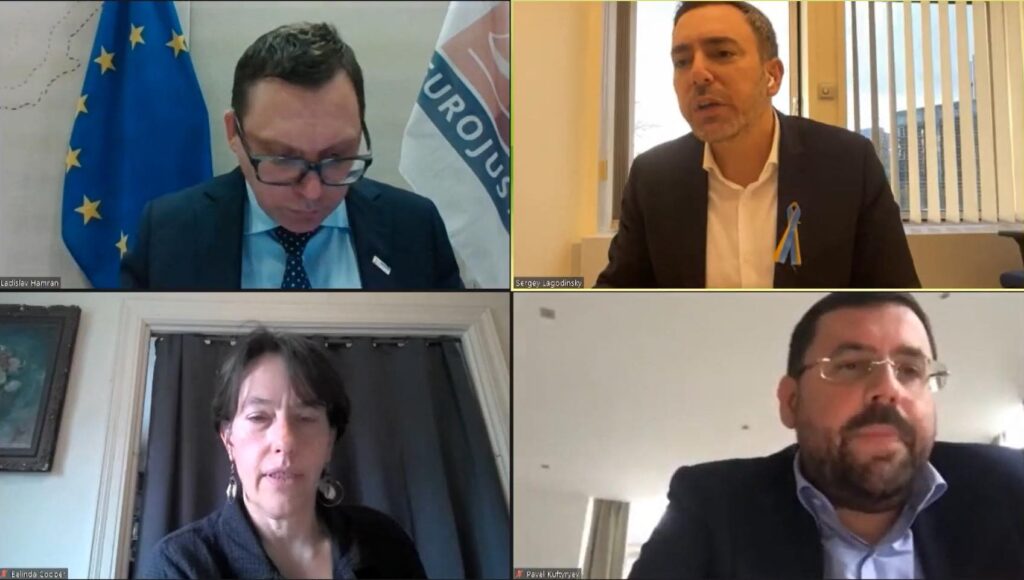
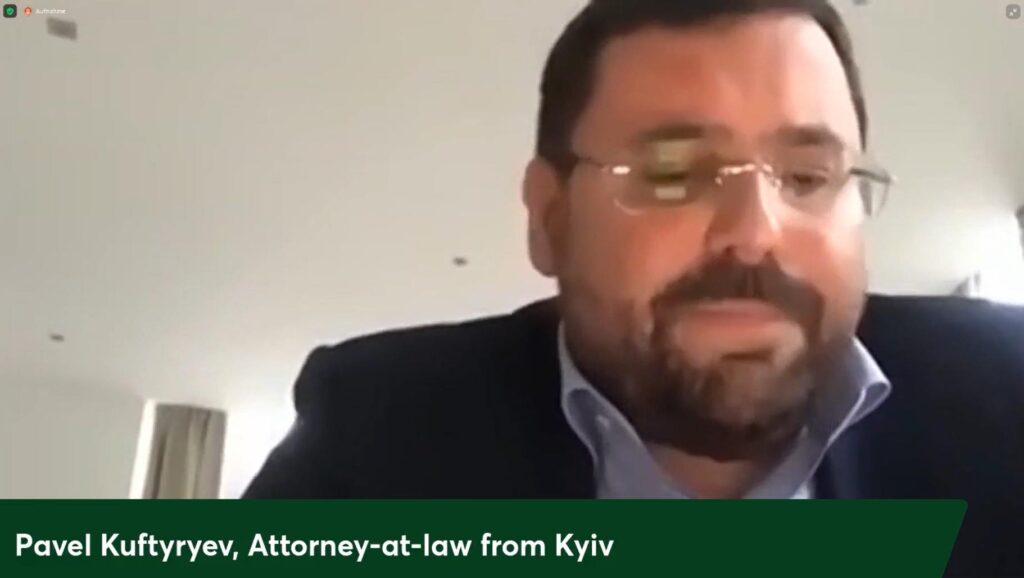
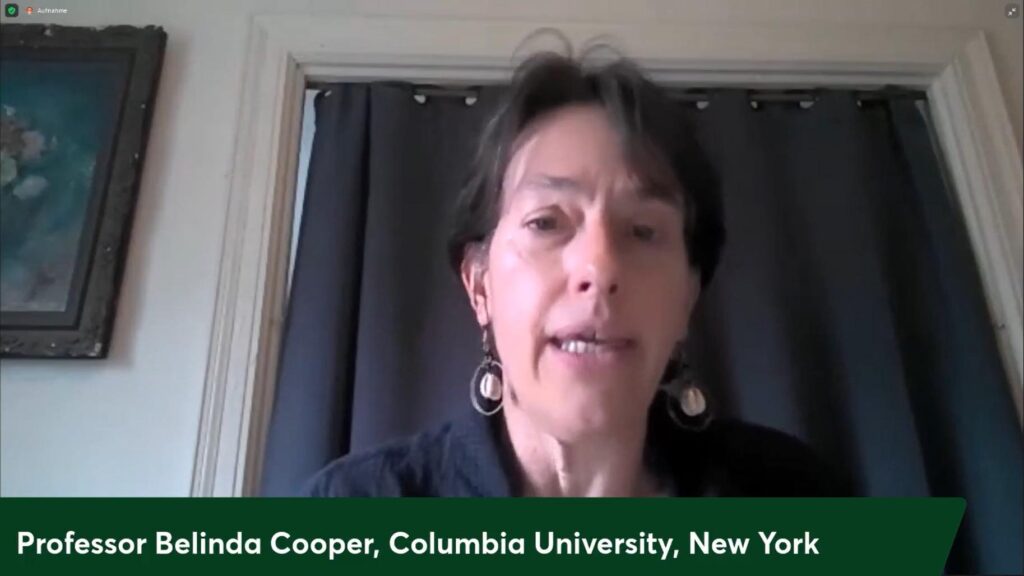
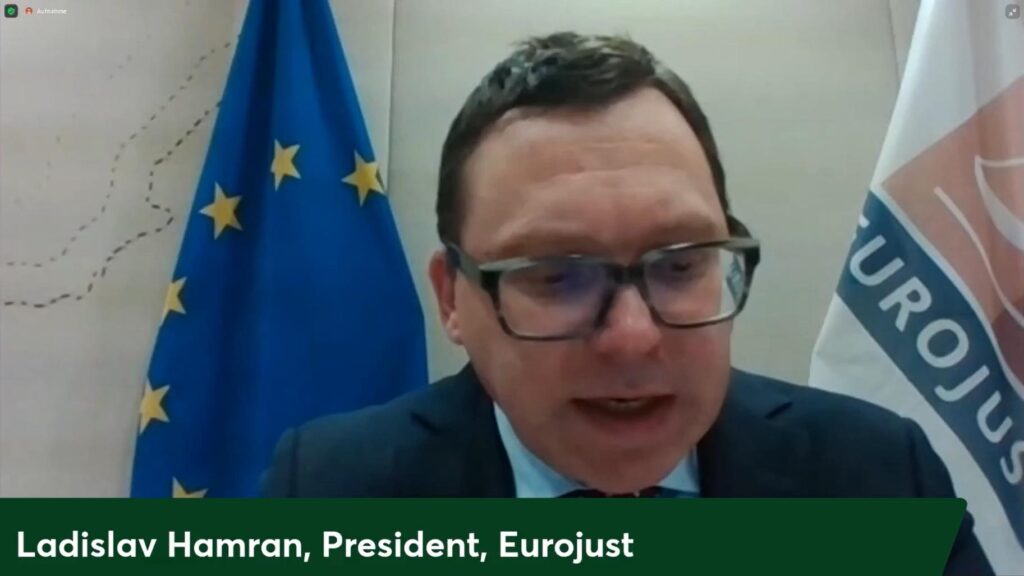
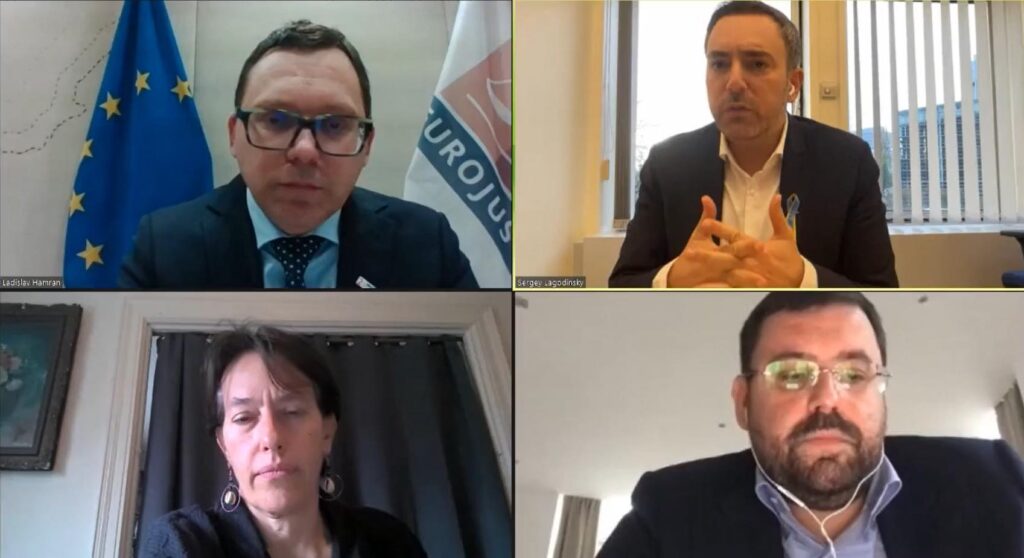
All participants in the discussion repeatedly emphasised the importance of pre-trial investigations of crimes committed during the war, the importance of documenting these facts, as well as the leading role of national law enforcement agencies and national courts in bringing the perpetrators to justice. The International Criminal Court in these matters has only an auxiliary function and is intended for officials, not for ordinary executors of criminal orders.

